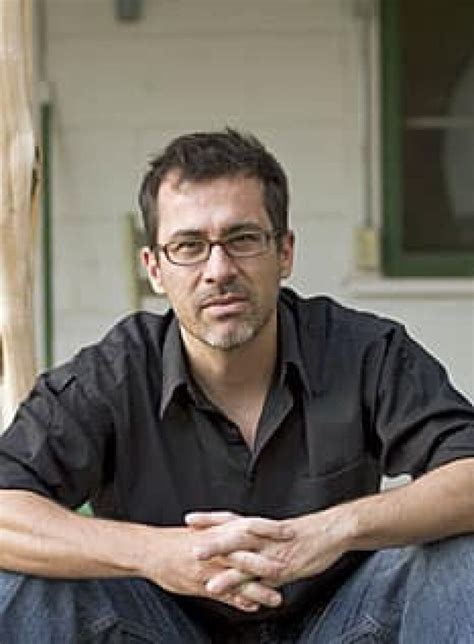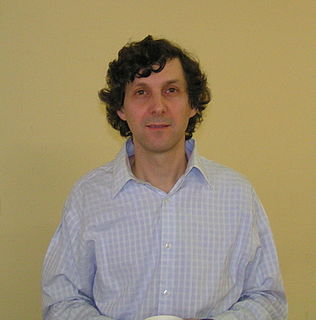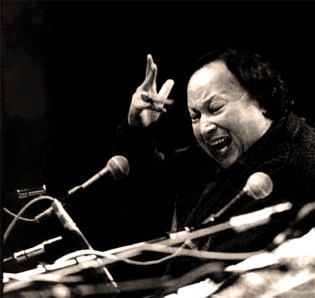A Quote by Michael Erard
Those who become hyperpolyglots are those who meet two criteria. One, they are exposed to language material. Two, they undertake learning languages as a mission as well as acquiring the personal identity as a language learner.I describe the "neural tribe theory" of hyperpolyglots, arguing that they possess an atypical neurology that is selected by some environments and not others; presumably, there have always been humans walking around with that set of neurological traits or factors, only some of whom actually use those things for languages.
Quote Topics
Acquiring
Actually
Always
Arguing
Around
Become
Been
Criteria
Describe
Environments
Exposed
Factors
Humans
Identity
Language
Languages
Learner
Learning
Learning Language
Material
Meet
Mission
Neural
Neurological
Neurology
Only
Others
Personal
Personal Identity
Possess
Selected
Set
Some
Theory
Things
Those
Traits
Tribe
Two
Use
Walking
Well
Whom
Related Quotes
Hyperpolyglots are not born, and they are not made, but they are born to be made. There is a finite subset of the human population which has the right neurological equipment for learning and using lots of languages. That equipment may serve only a sub-component of language learning, such as mimicry, pattern recognition, or memory, or it serves those sub-components in a global fashion.
And there are also languages that divide nouns into much more specific genders. The African language Supyire from Mali has five genders: humans, big things, small things, collectives, and liquids. Bantu languages such as Swahili have up to ten genders, and the Australian language Ngan’gityemerri is said to have fifteen different genders, which include, among others, masculine human, feminine human, canines, non-canine animals, vegetables, drinks, and two different genders for spears (depending on size and material).
I think language is a system that we have devised to negotiate a series of more amorphous entities. It's a layer you can use to see where those things exist, but if you don't have anyone speaking anymore, those things are still there. The things that language stands for do not require humans, and in fact are often trampled down by humans.
All the kids are learning different languages. I asked them what languages they wanted to learn, and Shi is learning Khmai, which is a Cambodian language; Pax is focusing on Vietnamese, Mad has taken to German and Russian, Z is speaking French, Vivienne really wanted to learn Arabic, and Knox is learning sign language.
I work in Hebrew. Hebrew is deeply inspired by other languages. Not now, for the last three thousand years, Hebrew has been penetrated and fertilized by ancient Semitic languages - by Aramaic, by Greek, by Latin, by Arabic, by Yiddish, by Latino, by German, by Russian, by English, I could go on and on. It's very much like English. The English language took in many many fertilizations, many many genes, from other languages, from foreign languages - Latin, French, Nordic languages, German, Scandinavian languages. Every language has influences and is an influence.




































